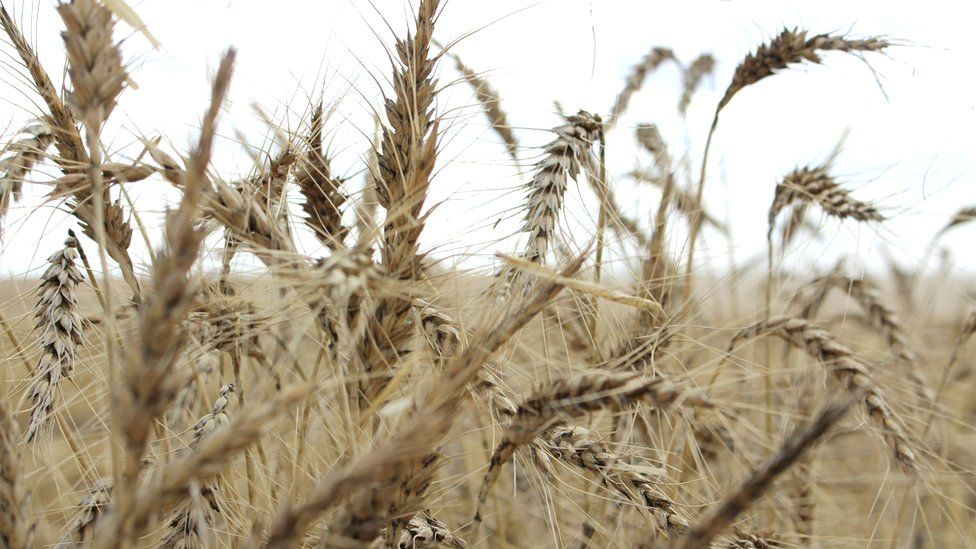ARTICLE AD BOX
 Image source, Reuters
Image source, Reuters
By Annabelle Liang
Business reporter
Heavy rains, which was blamed for some food shortages in Australia, have also given crop exports a boost.
The country's farmers are predicted to see their most valuable year ever.
Agricultural exports are forecast to hit a record $75bn (£62.3bn) in the year to the end of June, according to the Australian Bureau of Agricultural and Resource Economics (ABARES).
The Ukraine war has pushed up the price of goods including wheat, Australia's biggest agricultural export.
"We have been incredibly lucky. That high level of production is certainly due to rains, but also having rains at the right time," Tony Bacic, director of the La Trobe Institute for Agriculture and Food in Melbourne, told the BBC.
"The stars were aligned. If the rains had come a bit later or hadn't dried out in time, we could have lost a major crop," he added.
"Once again, we're seeing record levels of production, driven by exceptional growing conditions and high commodity prices," ABARES' Jared Greenville said in a statement on Tuesday.
"National winter crop production has driven much of these results, with the winter crop estimated at a new record of 67.3 million tonnes in 2022-23," he added.
Prices have also been boosted by droughts in other major exporters and the war in Ukraine, which was a major supplier of cereal crops including wheat, Mr Greenville said.
However, he added that drier conditions were expected in the months ahead with the easing of a climate phenomenon called La Niña.
Over the last few years, successive La Niña periods have lowered global temperatures and brought heavy rains to countries like Canada and Australia.
Sonia Akter, a senior lecturer at the Australian National University, believes the increase in production in Australia has "outweighed the losses due to flood damage and disruption".
"However, this is likely to change next year as the climate forecasts suggest drier weather. Consistently, Australian export volumes of key food commodities are also likely to decline significantly," Ms Akter said.
Like countries around the world, Australia has been hit by food supply chain issues caused by the war in Ukraine and the Covid-19 pandemic.
Australia's own food production has also been affected by extreme weather events.
For instance, major flooding on the east coast of the country last year caused shortages of some fresh fruits and vegetables.
Social media users posted photos of lettuces costing over A$10 ($6.70; £5.60), three times the usual price.
In June, fast food giant KFC said it had been forced to put cabbage in its burgers and wraps in Australia because of the shortage of lettuce.
You may also be interested in:
Watch: Australia flood crisis: "Once in a century"

 2 years ago
41
2 years ago
41








 English (US) ·
English (US) ·